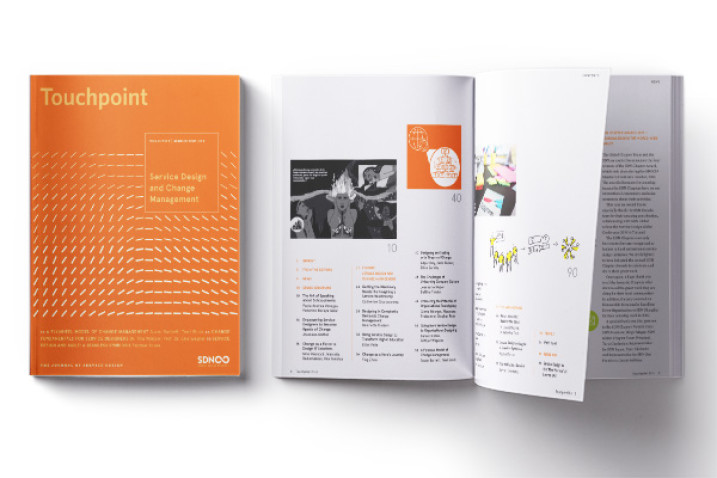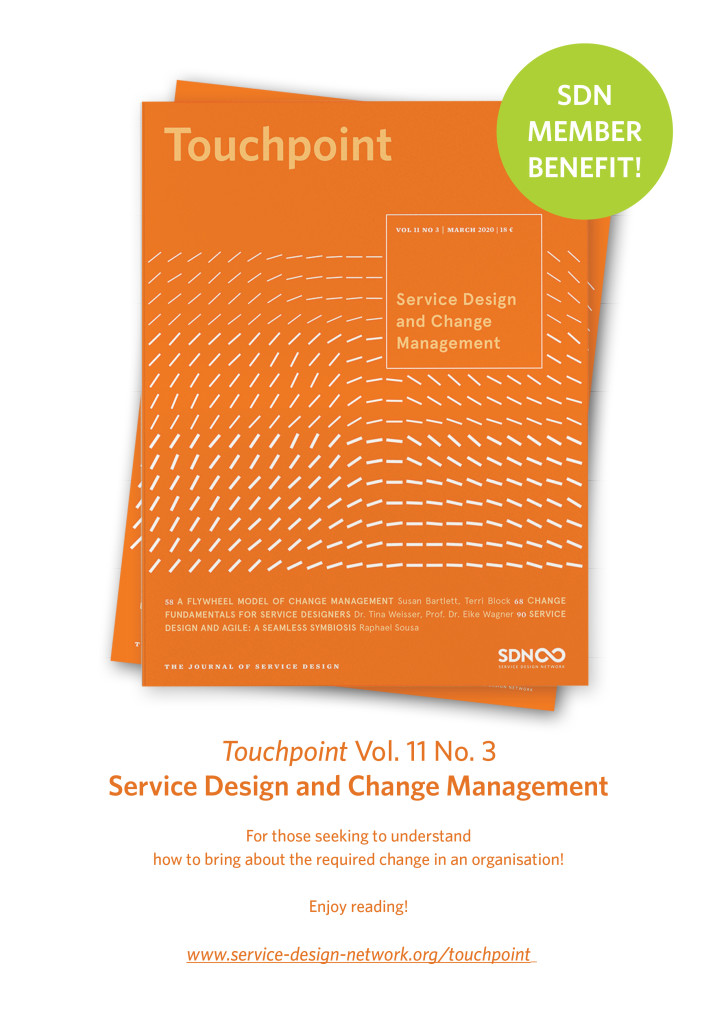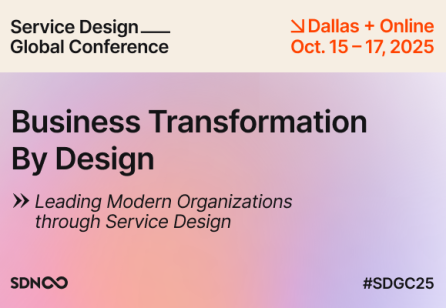Service design has an interesting conundrum in its (methodological) heart. If you pick up any textbook about our practice, or scour places such as Pinterest, Slack workspaces or Medium, you will find countless examples of deliverables and techniques from the earliest stages of a typical service design project. Journey maps, variations on service blueprints and methods to conduct research abound. Yet as you travel from left to right on the proverbial double diamond – towards the ultimate goal of implementation – examples and guidance become fewer and fewer, and the literature provides less and less guidance.
That moment when implementation begins is the culmination of weeks and months of a dedicated project team, and often represents a significant investment. Yet not only is external guidance often lacking for a service designer who goes in search of it, an even bigger challenge awaits. And while it has its own entirely different discipline, seeing a service design project through to true completion often means embracing its challenge. It is organisational change.
Delivering new services into the market, or improving existing ones, often means fundamental changes within the service provider itself. As the organisation grows larger – or the service more complex – more and more roles are touched by our work. And precisely because this challenge feels very different than ‘design’, service designers often feel out of their depth, and find themselves reading up on Kotter’s theory of change, amongst others.
Yet plenty of service designers have tread this path already, and have recognised the importance – necessity – of having an awareness of, and guiding, organisational change processes, as part of their projects. In this issue of Touchpoint, we bring their learnings and advice to the fore. For those seeking to understand how to bring about the required change in an organisation, and feel adrift beyond the second diamond, I hope you find new inspiration, techniques and avenues of exploration in the content of this issue.
Jesse Grimes for the editorial board









Share your thoughts
0 RepliesPlease login to comment